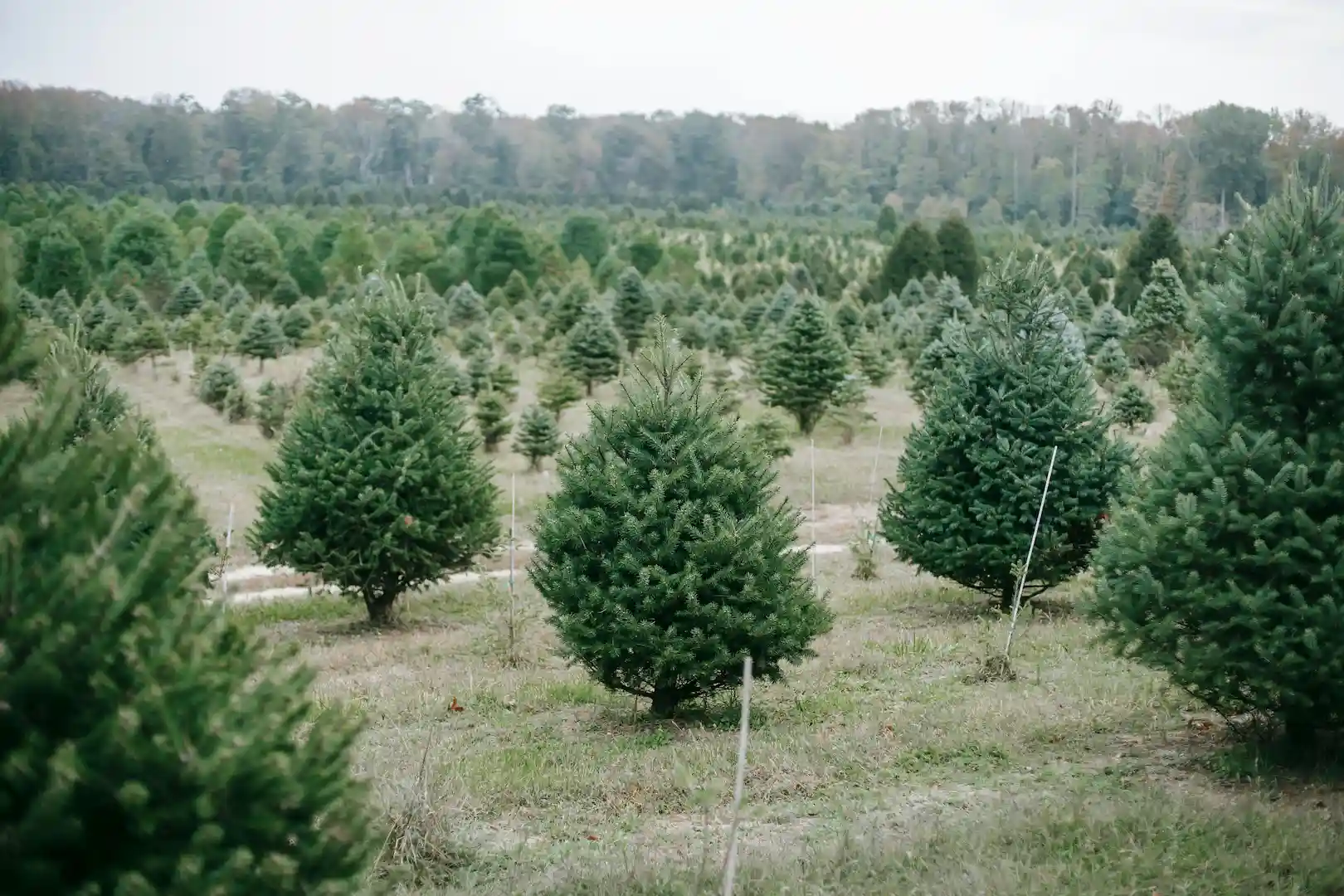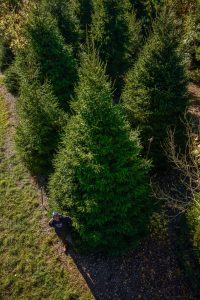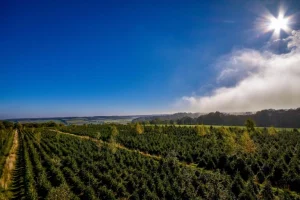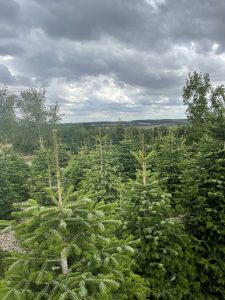Introduction: Addressing Environmental Concerns
As the festive season approaches, the debate around the environmental impact of Christmas trees intensifies. The choice between artificial and real trees often boils down to sustainability and carbon footprint. Interestingly, Christmas tree farms present a green alternative, coupling tradition with eco-friendly practices. Let’s explore the environmental benefits of buying from a Christmas tree farm.
Managing Resources Sustainably on Farms
Christmas tree farms are grounded in sustainable farming practices. Unlike artificial trees made from non-renewable petrochemicals, real trees from farms are a renewable resource. These farms use organic methods and avoid synthetic pesticides, reducing soil and water contamination. Additionally, responsible water management and natural pest controls, such as introducing beneficial insects, play a crucial role in maintaining the farm’s ecosystem. This reduces the environmental footprint significantly, promoting biodiversity and healthier landscapes.
The Importance of Carbon Sequestration
Christmas tree farms contribute positively to carbon sequestration. Throughout their growth cycle, these trees absorb carbon dioxide from the atmosphere, storing it in their biomass and releasing oxygen. This process reduces the overall carbon footprint. A study indicated that every hectare of Christmas trees can absorb up to 53,000 kg of CO2 annually. This not only helps combat climate change but also improves air quality, enhancing the environmental benefits associated with real Christmas trees.
Replanting Initiatives in Agriculture
Replanting is a cornerstone of sustainable Christmas tree farming. For every tree harvested, multiple saplings are planted in its place. This ensures the continuity of the carbon sequestration process and fosters a cyclical, renewable system. These replanting initiatives maintain tree population levels and prevent deforestation, emphasising the importance of sustainable tree farming practices. In many instances, Christmas tree farms even participate in broader reforestation efforts, supporting environmental restoration projects.
Conclusion: Supporting Eco-Consciousness
Opting to purchase your Christmas tree from a dedicated farm supports a network of sustainable practices that extend beyond the festive season. These farms encourage biodiversity, provide wildlife habitats, and champion eco-friendly initiatives. Transitioning to natural, biodegradable trees also aids in reducing landfill waste associated with discarded artificial trees. By making a conscious choice to support Christmas tree farms, you’re investing in the environment, fostering greener holiday traditions, and promoting a sustainable future.
Come on down to the yard! Find us here.







